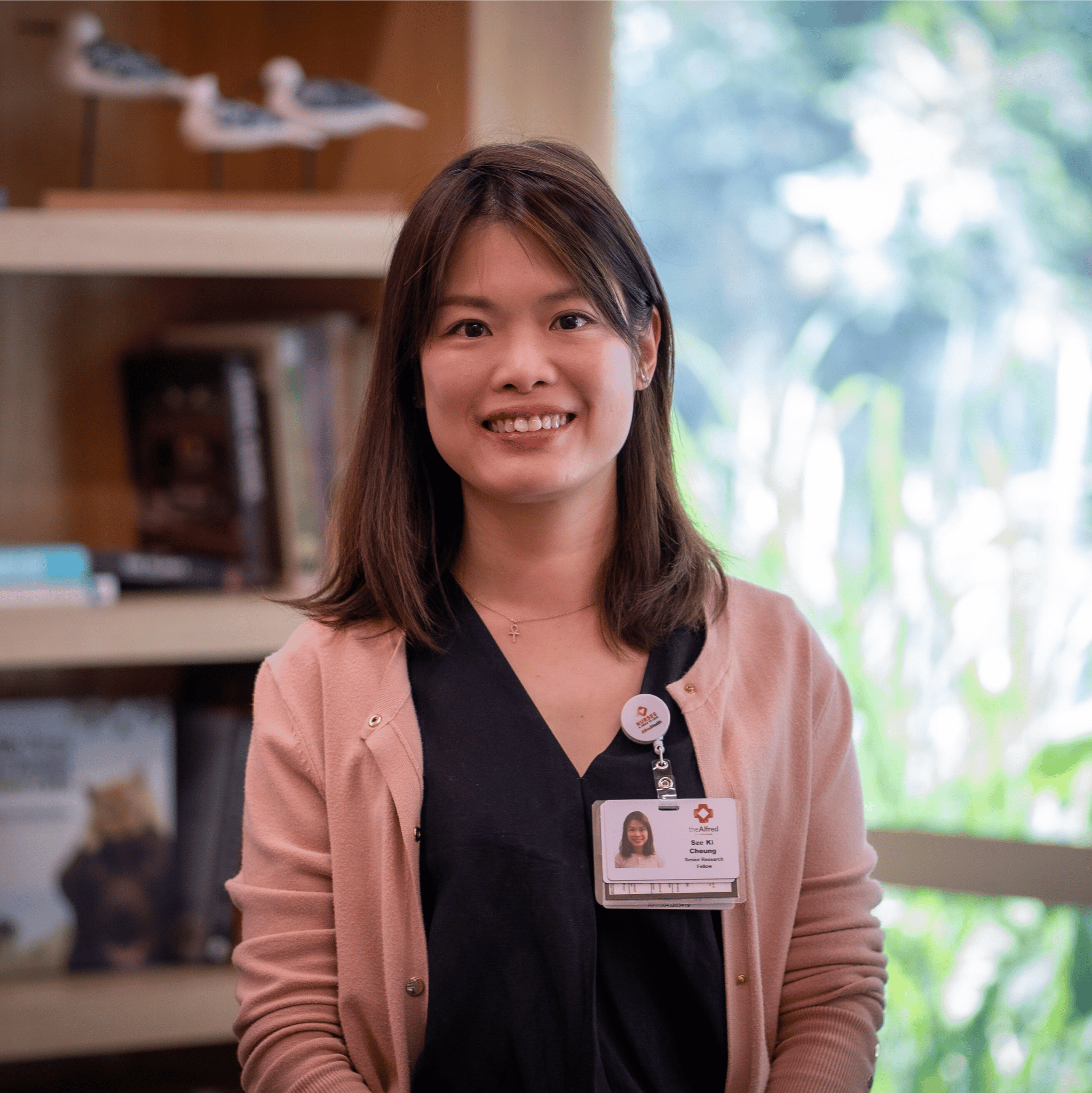Meet Dr Daphne Cheung, a Senior Research Fellow at Deakin University.

What is your research about ?
My research focuses on dementia care, supporting family carers, frailty and gerontechnology. One of my sustainable research programs employs music interventions to improve the well-being and symptoms of older individuals with cognitive impairment. The music-with-movement intervention was developed collaboratively with nurses, music therapists, psychologists, and social workers. It has proven effective in improving verbal fluency and short-term memory, while also alleviating depressive symptoms and agitation. The intervention has sine integrated augmented reality and motion-sensing technology, and has been widely disseminated in Hong Kong. The latest development is to modify the intervention to promote the cognitive and physical functions of older people with MCI.
Why are you interested in this research area?
My late grandmother had dementia, and as the disease progressed, she spoke less and became confined to her wheelchair. I vividly recall one moment when I asked her if she had eaten. After a pause, she unexpectedly sang her response. It was a beautiful reminder of the power of music to bridge the gap between us, even in her condition.
I began to see dementia as a metaphorical cave, isolating individuals from the world around them. Yet, in that moment, music became the lifeline that connected us. Since then, my passion for exploring the effects of music on those with cognitive impairment has only deepened.
What are your career aspirations in research
My career aspirations in research are centred around enhancing the quality of life for older individuals with cognitive impairments and their family carers. I aim to integrate technology into care to improve both efficiency and effectiveness. In the short term, I plan to deepen my understanding on the needs of the older Australian, concentrating on effective interventions that promote their well-being. Long-term, I envision myself leading groundbreaking studies collaborating with various disciplines, advancing our scientific understanding while translating findings into practical applications that benefit families and carers. My personal experiences with my late grandmother have fuelled my passion for this field. Ultimately, I hope to contribute meaningful insights that foster connections and improve the lives of those affected by dementia.
Why do you think this precinct is a great place to establish a research career?
I believe Alfred Health/Deakin Partnership is an excellent place to establish a research career for several compelling reasons, particularly its unique characteristics to facilitate knowledge translation. This collaboration creates a dynamic environment where cutting-edge research is not just theoretical but directly informs and enhance clinical practice.
First, the partnership provides access to a wealth of resources and expertise from both the academic and healthcare sectors. I met with clinicians, and we collaboratively identify problems together. This synergy fosters innovation, enabling researchers to develop practical solutions that can be implemented in real-world settings.
Moreover, the emphasis of knowledge translation ensures that research findings are not confined to academic journal but are actively integrated into healthcare practices. This partnership allows me to share the knowledge more swiftly.
Additionally, the precinct's focus on nursing research-clinical collaboration encourages a culture of continuous learning and support. I would have the chance to participate in various discussion around clinical problems and identify solutions through research.
